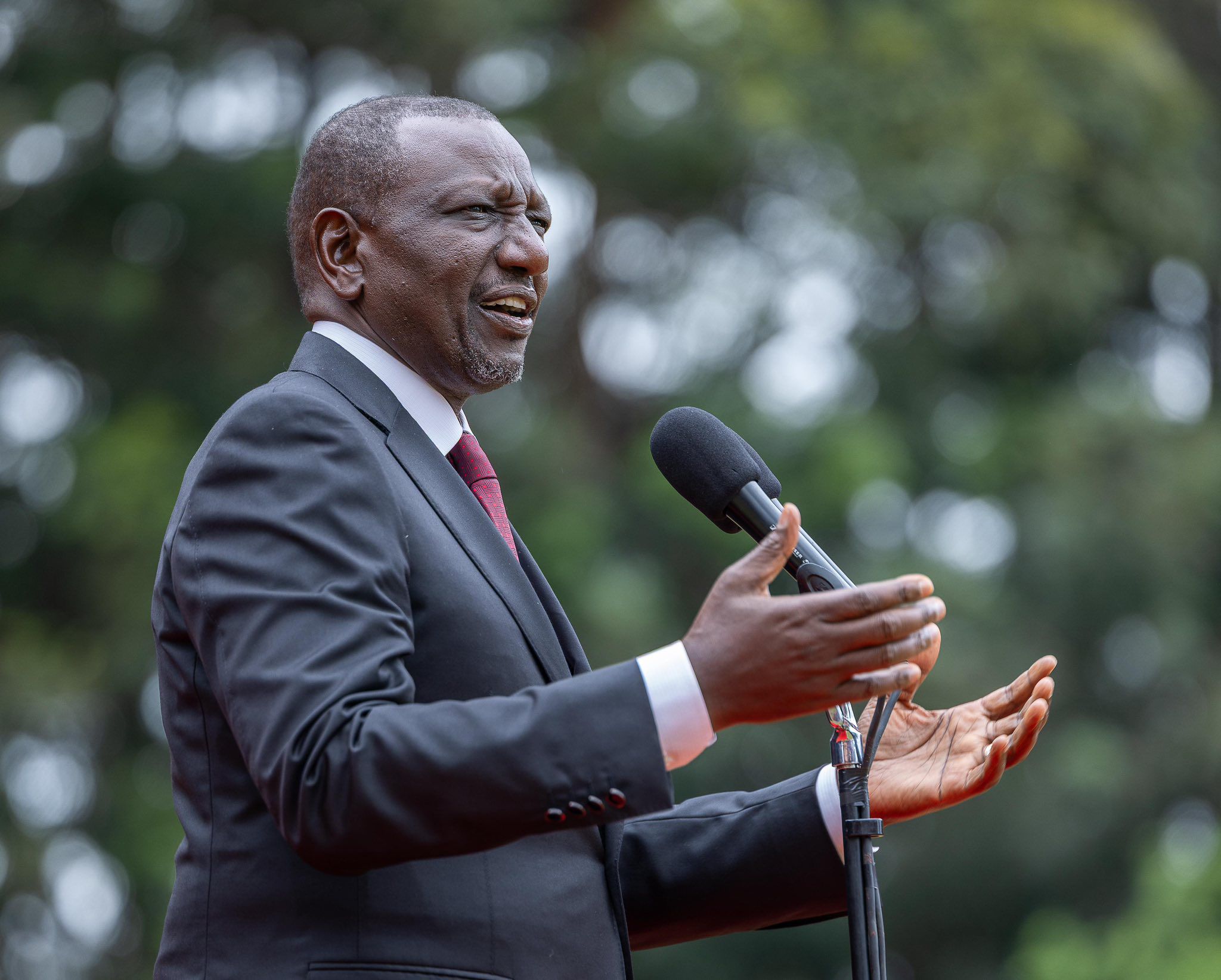Pop Mart Shares Decline After Morgan Stanley Downgrade

Shares of Pop Mart, the prominent Chinese toymaker renowned for its 'blind box' concept, experienced a significant tumble on Friday. This decline followed two major developments: Morgan Stanley's decision to remove the stock from its China and Hong Kong focus list, and a call from state media for stricter regulation of 'blind box' toys. The Beijing-based company initially gained widespread popularity through its innovative 'blind box' model, where consumers purchase unmarked boxes, typically priced between $5 and $10, for a chance to acquire unique collectible figurines and expand their collections.
The criticism intensified as People's Daily, the official newspaper of the Chinese Communist Party, voiced concerns about the 'blind box' phenomenon, advocating for enhanced regulatory oversight. Although the article did not explicitly name Pop Mart, its focus on children and young people spending heavily on unmarked packets for collectibles directly pertained to the industry Pop Mart dominates. Concurrently, China's customs agency has repeatedly highlighted its efforts to intercept Labubu copycat products from crossing borders, further underscoring regulatory attention on the market.
Pop Mart's Hong Kong-listed shares were down over 5% on Friday, extending losses from the previous session and putting the stock on track for its first negative week since early May, with total losses exceeding 13% for the week. This contrasts sharply with its year-to-date gains, which still stand at over 160%. Morgan Stanley, in a note late Wednesday, replaced Pop Mart with insurance company PICC P&C on its focus list, though it did not elaborate on the reasons for the removal. This change came despite the investment bank having raised its price target for Pop Mart to 302 Hong Kong dollars ($38.47) just days prior on June 10, citing long-term growth potential. However, analysts also noted that the market might have already fully factored in Pop Mart's exponential growth for 2025, leading to a lack of strong conviction regarding its long-term outlook and a caution against continued outperformance given its lofty valuation.
The company has seen remarkable global success, largely fueled by its 'Labubu' series of elf-like characters, which have achieved global phenomenon status, even attracting features in publications like New York Magazine and The New York Times. Pop Mart has capitalized on this demand by releasing a wide range of Labubu merchandise, including stuffed toys and pillows. Illustrating the immense popularity, a 4-foot-tall Labubu figurine recently sold for the equivalent of $170,000 at a Beijing auction, while more affordable versions frequently sell out in mainland China. Industry observers like Jacob Cooke, co-founder and CEO of WPIC Marketing + Technologies, note the trend reflects a growing interest in toys among adults, labeling Pop Mart's success as partly 'lucky' but indicative of a broader market shift.
Pop Mart's strategic expansion overseas, through online platforms and physical stores in markets like the U.S. and U.K., has been a key driver of its recent financial performance. In a significant milestone, the company's overseas sales in 2024 surpassed its total overall sales from 2021. While total sales, predominantly domestic, reached 4.49 billion yuan ($624.6 million) in 2021, overseas sales alone skyrocketed to 5.1 billion yuan in 2024, marking a staggering 373% increase year-on-year. Mainland China sales also saw robust growth, climbing to 7.97 billion yuan.












